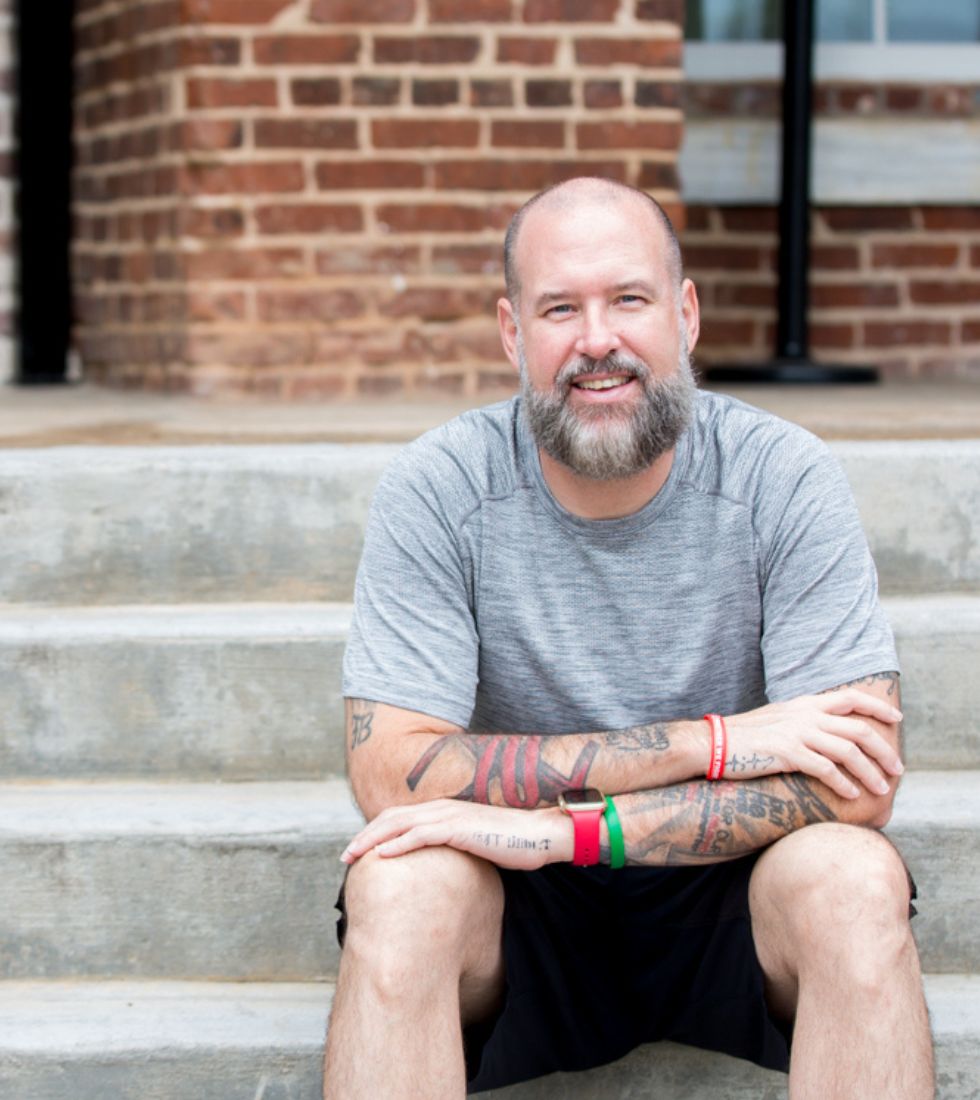Loneliness doesn’t always stem from solitude. Surprisingly, it can sneak up on us when we’re in the company of those we love, including our life partners. The paradox of feeling alone while in a relationship is a complex emotional landscape that’s compelling and urgent to explore.
The Escalating Crisis of Loneliness
Recent data underlines loneliness as an urgent public health issue, a crisis exacerbated by the social isolation of pandemic times. A startling study from Harvard indicates that 36% of Americans are profoundly lonely, with specific demographics like young adults and new mothers facing heightened risk. This emotional wilderness isn’t exclusive to single people; it spans couples, too. But there’s hope; solutions do exist.
The Anatomy of Relationship Loneliness
Let’s delve into why this happens. Loneliness in a relationship often springs from a medley of factors. Life’s duties—work demands family obligations—can create an emotional gulf. Exhaustion also plays a part, making the journey toward emotional and physical closeness steeply climb. But let’s not overlook the elephant in the room: open communication or the lack thereof. We broaden the emotional distance when we hide our fears, desires, or vulnerabilities. Moreover, the quest for existential depth may sometimes lead to unmet expectations, further fueling loneliness.
Recognizing the Warning Signs
So, how do you know when loneliness has set its roots within your relationship? Watch for these tell-tale signs:
- Emotional emptiness, even when your partner is within arm’s reach.
- Declining quality of communication that leaves you disheartened.
- Reduced eagerness to share the mundane yet special daily moments.
- Scarcity or stark absence of physical intimacy.
- A growing wish to carve out “me time” away from your partner.
The Hidden Toll on Your Health
Don’t underestimate loneliness—it’s not just an emotional pitfall but also a physiological one. Research from Cleveland Clinic shows that this emotional state can hike cortisol levels, leading to cognitive impairment and a weakened immune response. Emotionally, the fallout can manifest as depression, anxiety, and an inclination toward substance abuse.
Unhealed Trauma: The Silent Culprit
While peeling back layers, let’s discuss an often-overlooked factor—unhealed trauma. The remnants of past emotional wounds or traumatic experiences can resonate as chronic loneliness within an otherwise affectionate relationship.
The Dynamics of Trauma and Loneliness
- Trust Deficit: Trauma often leaves us wary of letting even loved ones in, creating emotional barricades that foster loneliness.
- Communication Hurdles: The baggage of past trauma can stifle your ability to express needs, feelings, and boundaries, widening the emotional gulf between you and your partner.
- Emotional Shields: Sometimes, the walls we build to protect ourselves keep the pain out but also lock in a profound sense of loneliness.
- Attachment Imbalances: Past experiences can skew our attachment styles, either making us excessively clingy or aloof, contributing to a lonely relationship dynamic.
Steps Toward Healing
- Seek Expert Advice: Consult a trauma-specialized coach who can provide holistic coping strategies. Couples therapy might also be a beneficial addition.
- Involve Your Partner: If appropriate, let your partner in on your journey towards healing. Their emotional support can be transformative.
- Practice Mindfulness: This can help you identify emotional triggers, enabling more controlled and healthier responses.
- Be Patient: Healing is a marathon, not a sprint. Offer yourself the compassion and time you’d give to a loved one.
Practical Ways to Combat Loneliness
- Open Dialogue: Discuss your emotions openly, steering clear of blame.
- Digital Sabbatical: Prioritize real-life interactions over the digital world.
- Small Kindnesses: A cup of tea or a back rub can be powerful connectors.
- Physical Affection: Gestures like hugs can release oxytocin, often dubbed the ‘cuddle hormone,’ reducing feelings of loneliness.
- Broaden Emotional Connections: Fortifying other relationships can elevate your overall emotional well-being.
- Seek Professional Input: Sometimes, couples therapy can offer a fresh, professional perspective tailored to your specific issues.
Concluding Reflections
The intricacies of loneliness in a relationship are far more common than we think and invariably more complex. Among the web of causes, unhealed trauma stands out as a significant yet frequently overlooked culprit. Acknowledging these nuanced elements and taking steps to address them can set you on a path to a healthier, more emotionally fulfilling relationship.
People also ask
Q1: Can you be in a loving relationship and still feel lonely?
A: Absolutely. Loneliness isn’t exclusively the domain of single people; it can also creep into committed relationships. Emotional distance can occur for various reasons, from work stress to family responsibilities, making even a loving relationship feel isolated.
Q2: What are some of the most common signs of loneliness in a relationship?
A2: Look for feelings of emotional emptiness even when you’re physically close to your partner. Other signs include a decline in communication quality, reduced enthusiasm in sharing daily experiences, decreased sexual activity, and an increasing desire to spend time away from your partner.
Q3: How does unhealed trauma contribute to feelings of loneliness within a relationship?
A3: Unhealed trauma can have a substantial impact on emotional connection. Trust issues often stem from past trauma, making it challenging to open up fully to your partner. It can also influence how you communicate your needs, feelings, and boundaries, leading to suppressed communication and emotional unavailability.
Q4: Are there any actionable tips to alleviate loneliness within a relationship?
A4: Yes, open communication is key. Speak honestly about your feelings without blaming or criticizing your partner. Simple acts of kindness, staying affectionate, and even physical touch like hugging can significantly improve emotional bonding. Consider taking a social media hiatus to focus on real-life interactions and even explore the possibility of couples therapy.
Q5: Can couples therapy or professional help effectively address relationship loneliness?
A5: Absolutely. Therapists trained in relationship counseling can offer expert guidance tailored to your relationship’s specific issues. They can also provide effective coping strategies, especially if unhealed trauma contributes to loneliness. In some cases, individual therapy and couples therapy can be integrated for a more holistic approach.
Other Resources
- American Psychological Association (APA) – Relationship Section: The APA provides numerous scholarly articles, publications, and resources exploring various aspects of relationships, including loneliness and emotional health.
- Website: apa.org
- Harvard Health Publishing: This platform often features articles by medical professionals and experts, delving into issues like emotional health, loneliness, and relationships.
- Website: Harvard Health Publishing
- Psychology Today – Relationships Section: Psychology Today is an excellent source for articles written by therapists, psychiatrists, and psychological researchers discussing loneliness, relationship dynamics, and emotional well-being.
- Website: Psychology Today Relationships
- Relate: This UK-based website focuses specifically on relationship issues, offering expert advice and articles on combating loneliness within relationships, among other topics.
- Website: Relate
- The Gottman Institute: Specializing in research-based relationship support, The Gottman Institute offers articles, exercises, and advice geared toward improving relationship quality, including addressing issues of emotional distance and loneliness.
- Website: The Gottman Institute

Somatic coach (therapist) in Canton, GA, and Worldwide Life Coach dedicated to inspiring and assisting people worldwide through candid conversations about anxiety. Having personally battled general anxiety, panic disorder, and OCD, I understand the daily challenges those grappling with anxiety face. My journey involved searching for the right therapist, medication, and natural supplements and undergoing various tests. It was only after deciding to reclaim my life that I finally overcame anxiety’s hold. I’m passionate about helping others conquer their struggles and discover their life purpose.

